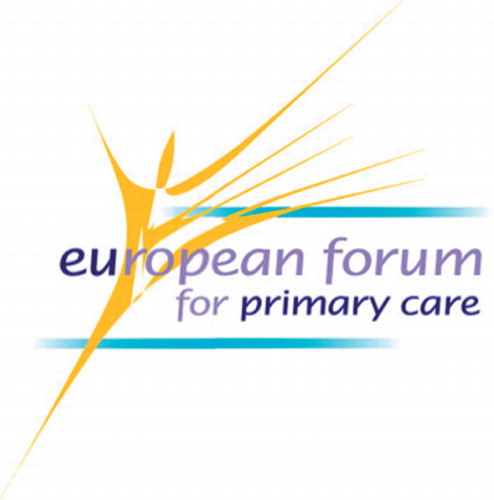
The European Forum for Primary Care has recently been involved in the nomination of two candidates in important international panels/coordinating groups. This should lead to even more effective advocacy for strong primary care in Europe and beyond.
EU PANEL ON EFFECTIVE WAYS OF INVESTING IN HEALTH
First, our president Professor Jan De Maeseneer has sent his application for the EU panel (expert group) on effective ways of investing in health. In July, the European Commission adopted a decision to set up an independent expert panel, to identify effective ways of investing in health and to make healthcare systems sustainable.
The panel will support the reflection process recently initiated by Member States—at the request of the Council. Demographic changes, costly innovation, and rising patients’ expectations put constant pressure on the financial sustainability of European health systems. For these reasons, as well as due to the fiscal constraints spawned by the financial crisis, many European Member States have embarked on health system reforms to ensure a sustainable provision of high quality care to their citizens. This panel will be made up of 17 experts, from several areas of expertise, such as primary care, hospital care, pharmaceuticals, research and development, prevention and health promotion, system financing, information systems and patient registers and health inequalities.
With his vast knowledge and experience in all primary care related themes, Jan De Maeseneer is our ideal candidate to make sure our voice will be heard and Community Oriented and Integrated Primary Care will be taken up as a key solution to invest in health systems. We keep our fingers crossed that the Commission will see the need of such input, and will make it possible for us to take part in these timely and needed discussions.
WORLD INTERPROFESSIONAL EDUCATION COORDINATING GROUP
Second, as the EFPC identified Interprofessional Education (IPE) as one of its top-priorities, Ms Loes van Amsterdam of the Dutch Jan van Es Institute (JvEI), and coordinator of the EFPC Position Paper, has applied for representative of the World IPE Coordinating Group. The role of the World IPE Coordinating Group is equally vital for professional organizations to benefit from experiences elsewhere.
The EFPC and the JvEI both emphasize the importance of IPE. Both organizations invest in IPE by working on education from an interprofessional perspective and the concept of transformative learning (Frenk J, et al., Lancet 2010;376:1923–58). Aim is to train change agents to ensure professional collaboration but also develop and implement innovative educational programmes. The JvEI offers education and training programmes, both national and international, in collaboration with other institutes. We are pleased that on a broader scale, the vital role of IPE is beginning to be recognized, more and more. The Global Forum on Innovation of Health Professionals’ Education at the Institute of Medicine (Washington) also focuses on IPE (http://www.iom.edu/Activities/Global/InnovationHealthProfEducation.aspx). The significance of IPE to improve professional collaboration to the benefit of better (primary) care is more and more recognised. The fifth annual conference of the Primafamed-Network in Africa (http://www.primafamed.ugent.be) held from 21–23 November 2012 in Victoria Falls (Zimbabwe), stressed the importance of a comprehensive interprofessional training for all primary health care workers.
What was once done in hospitals is now often delivered in primary care. What was performed by doctors may now be solved by nurses, physiotherapists, healthcare assistants and many other health workers who cooperate to improve health standards. Where once citizens were passive subjects in health services, they now are considered the main actors, either as patients or as members of the community. Professionals need to cooperate for better education, re-organization of work and resolution of our populations’ health problems. Interprofessional teams are established and numbers are increasing in many countries. Interprofessional education is needed to help improve teamwork and is an opportunity for the successful future development of teams.